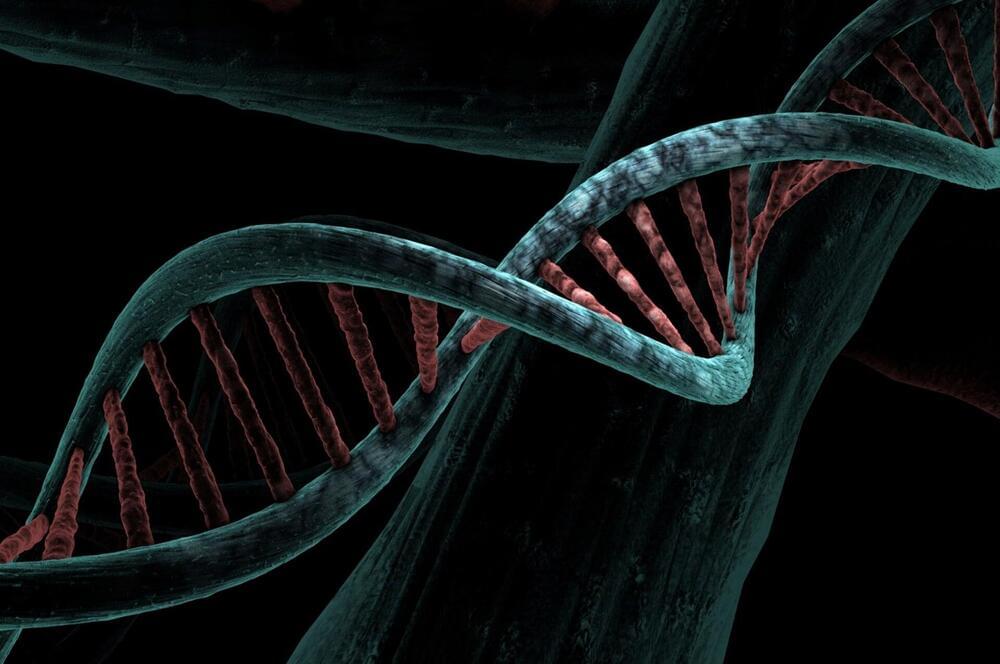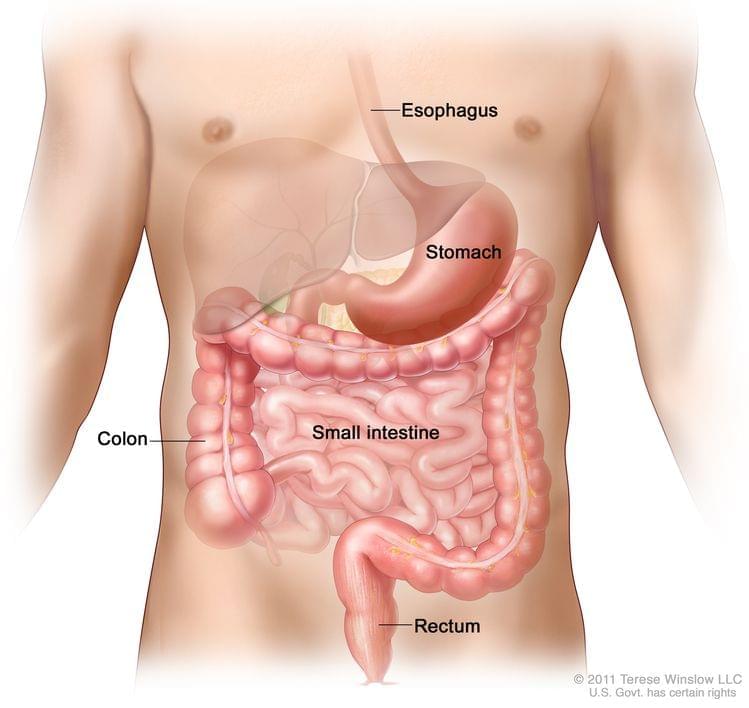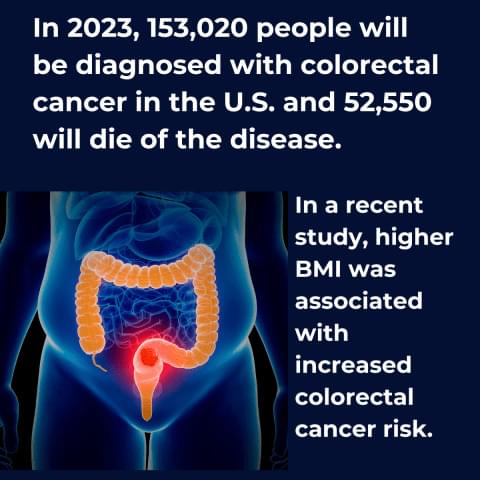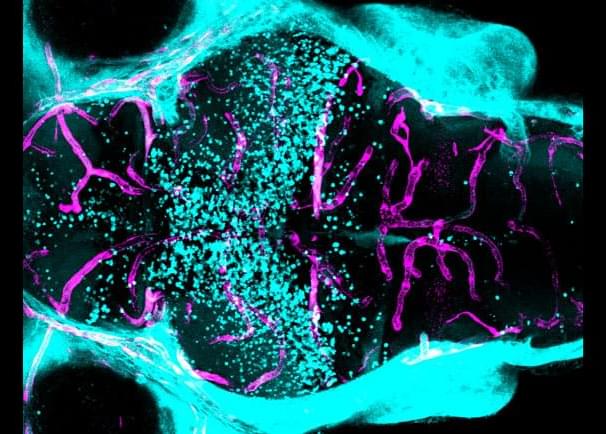The immune system is one of the most complex parts of our body. It keeps us healthy by getting rid of parasites, viruses or bacteria, and by destroying damaged or cancer cells. One of its most intriguing abilities is its memory: upon first contact with a foreign component (called antigens) our adaptive immune system takes around two weeks to respond, but responses afterwards are much faster, as if the cells remembered the antigen. But how is this memory attained?
In a recent publication, a team of researchers coordinated by Dr. Ralph Stadhouders, from Erasmus MC, and Dr. Gregoire Stik, Group Leader at the Josep Carreras Leukemia Research Institute, provides new clues on immune memory using state-of-the-art methodologies.
In their research paper, published in the journal Science Immunology, the first-author Anne Onrust-van Schoonhoven and colleagues compared the response of immune cells that had never been in contact with an antigen (called naïve cells) with cells previously exposed to antigen (memory cells) and sort of knew it. They focused on the differences in the epigenetic control of the cellular machinery and the nuclear architecture of the cells, two mechanisms that could explain the quick activation pattern of memory cells.







